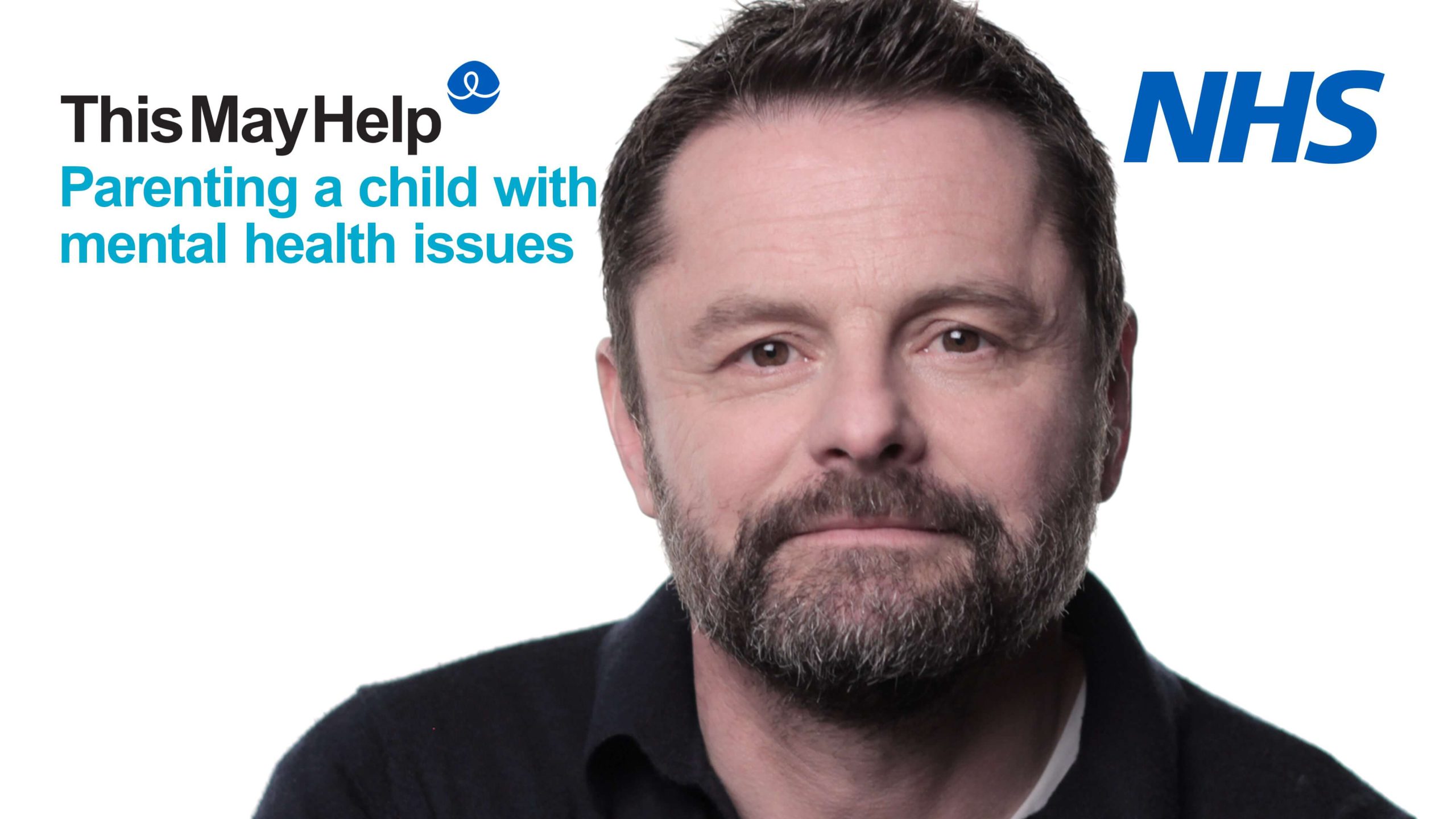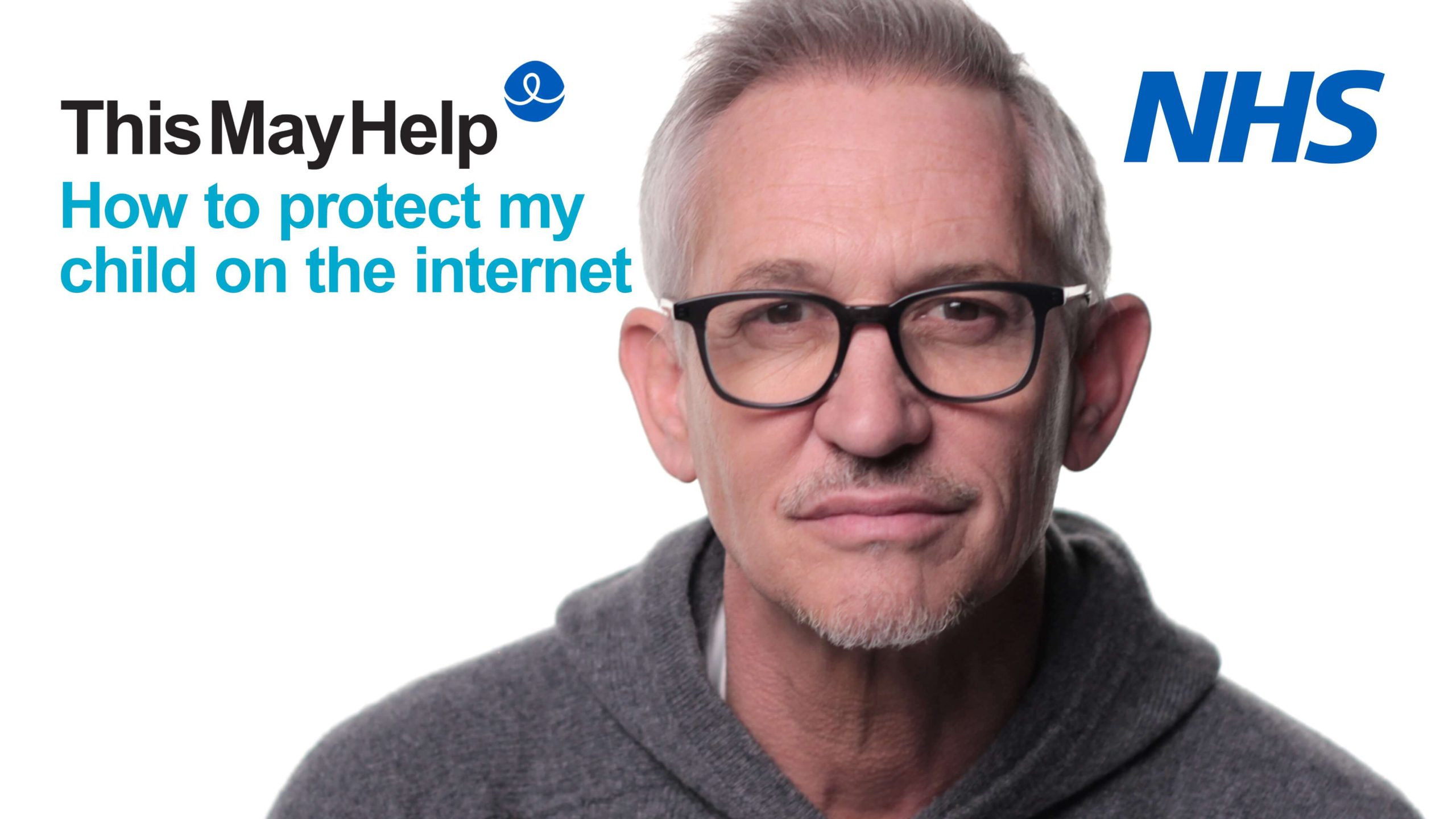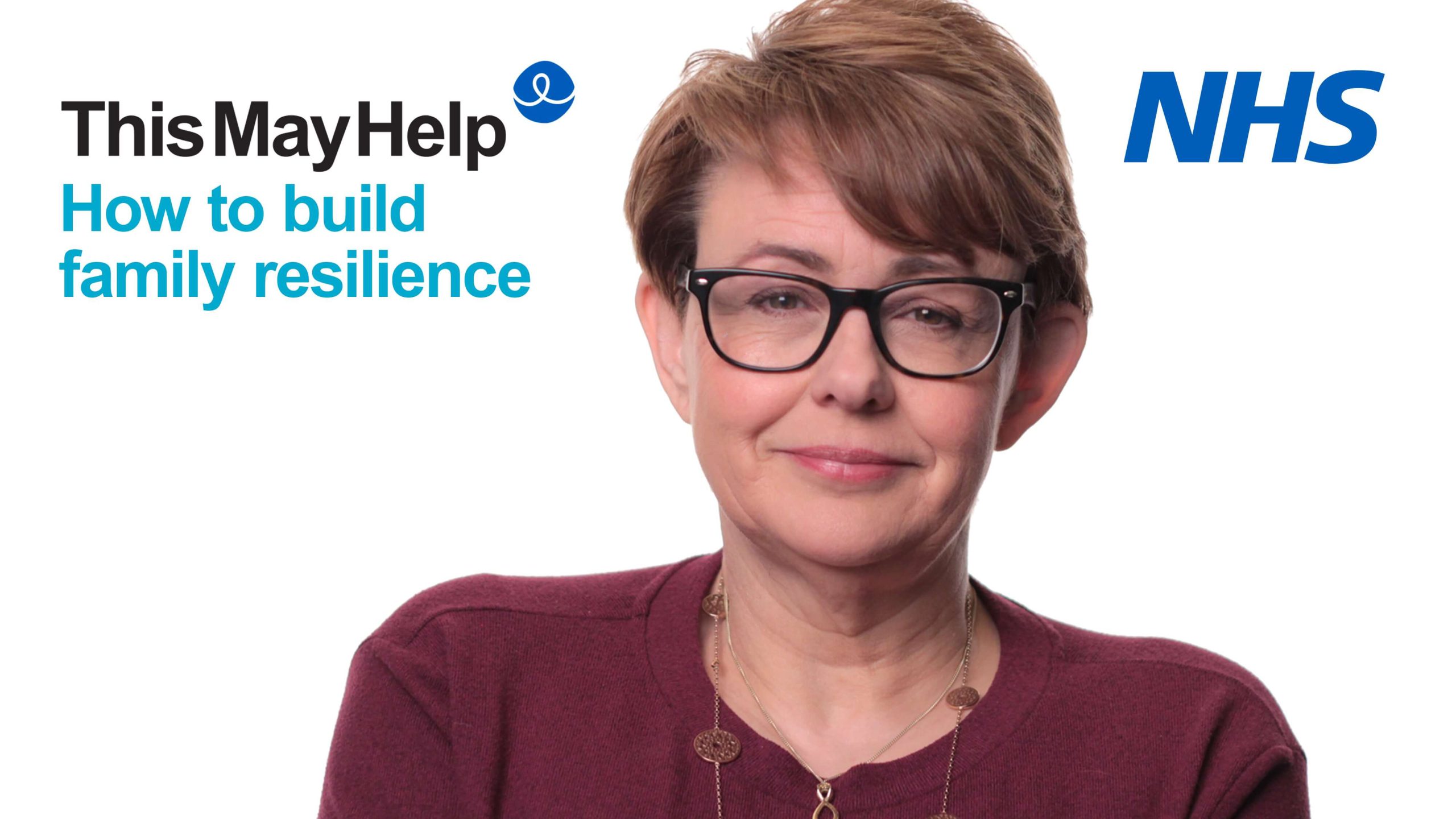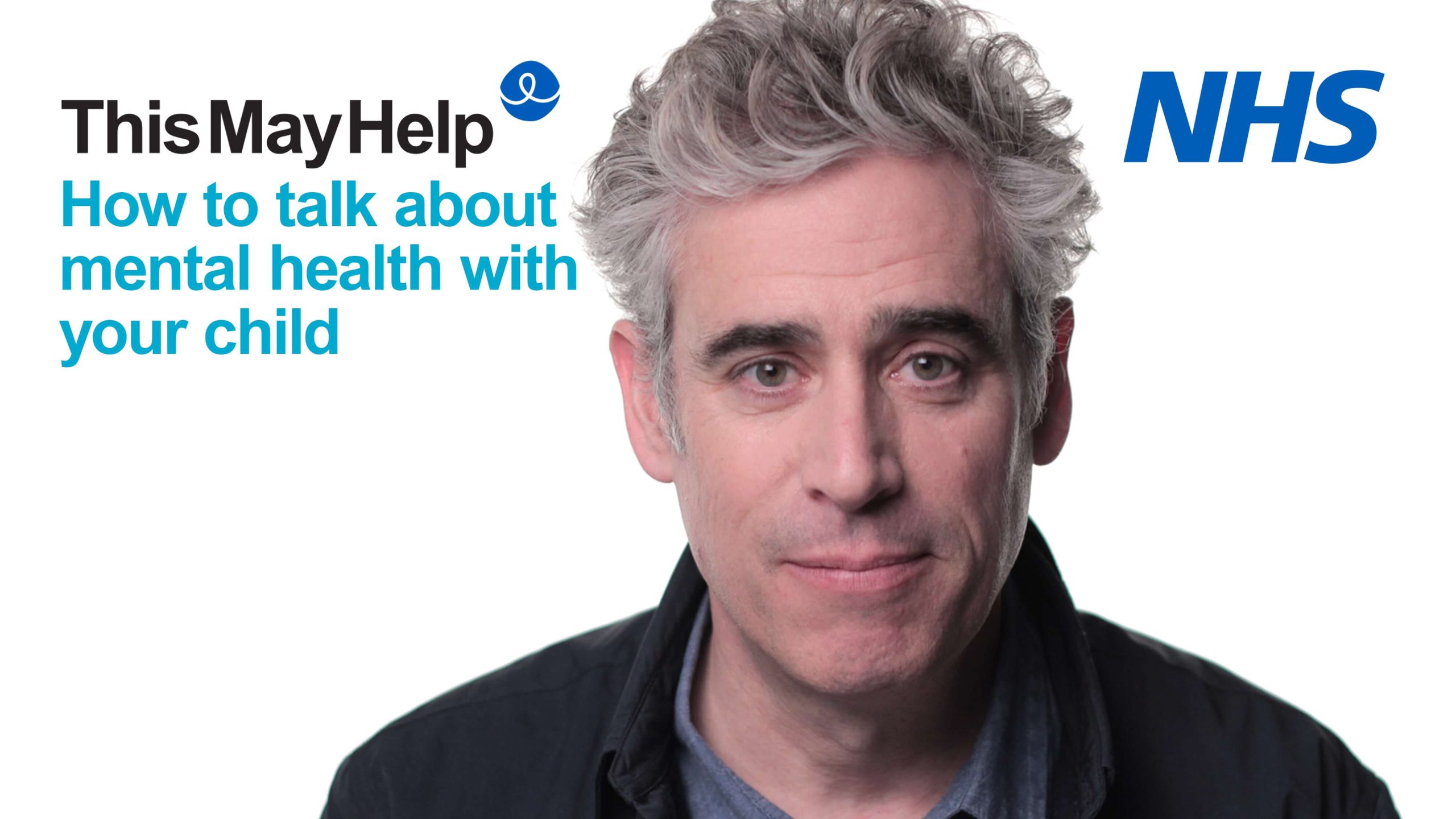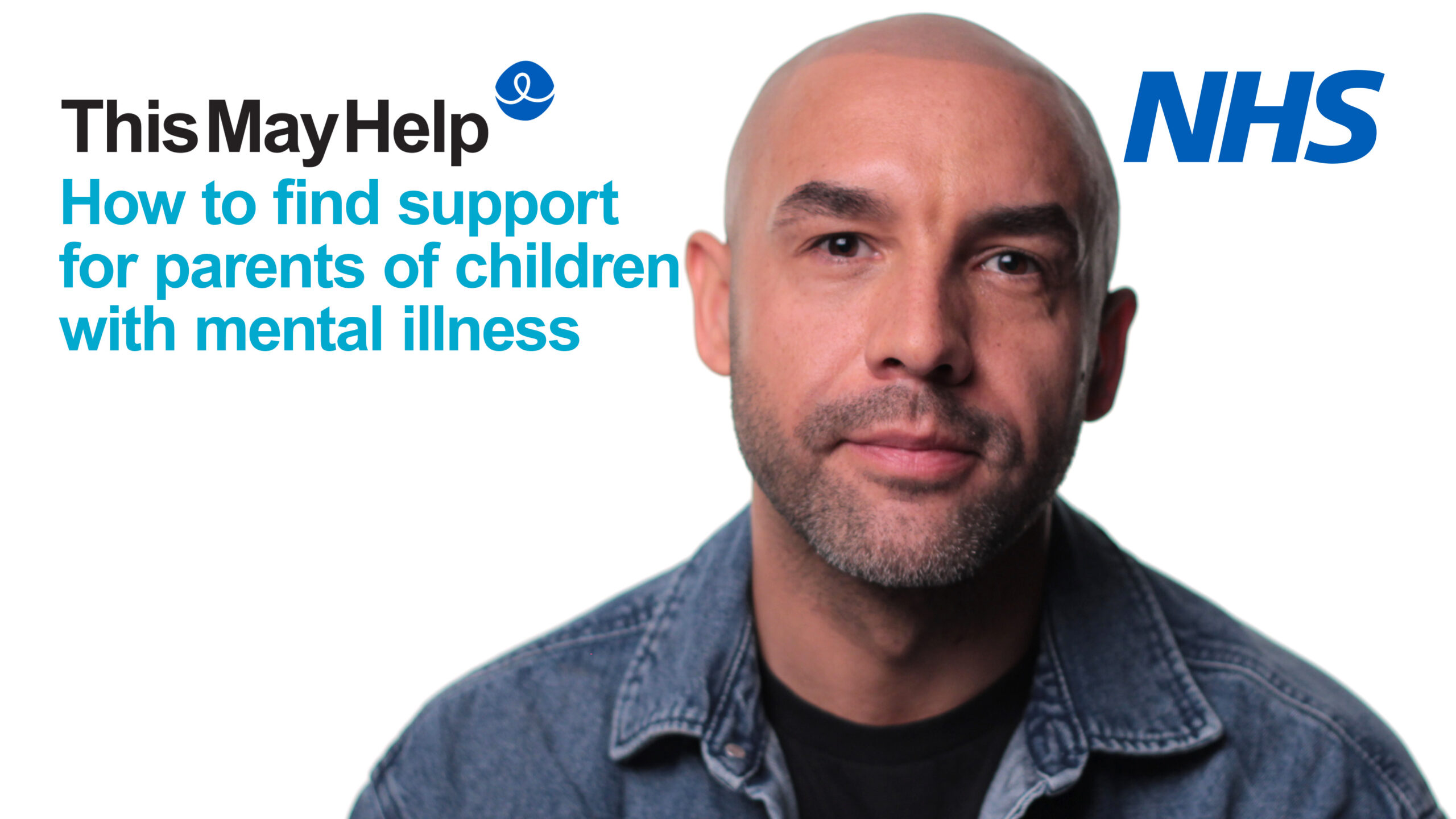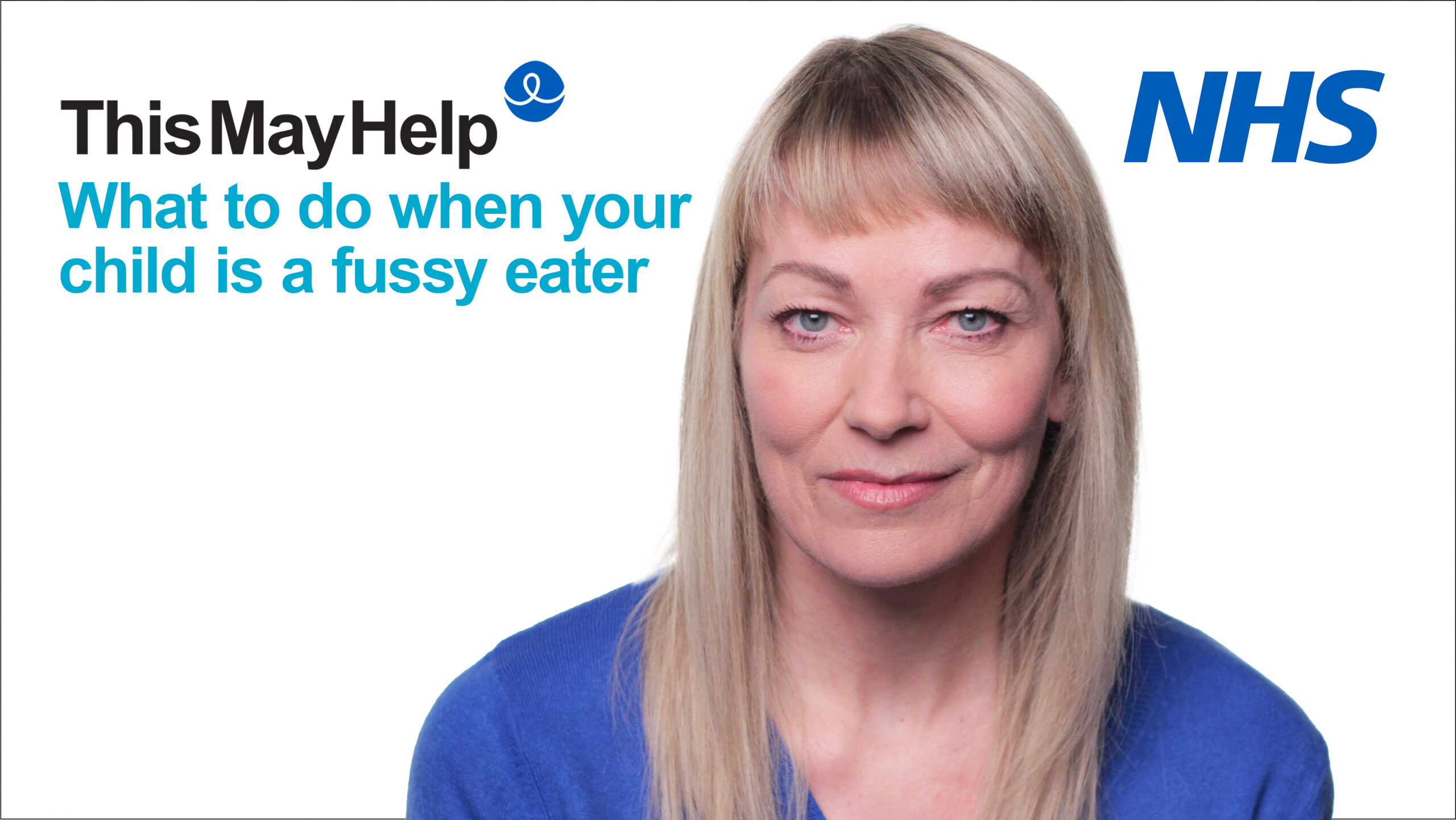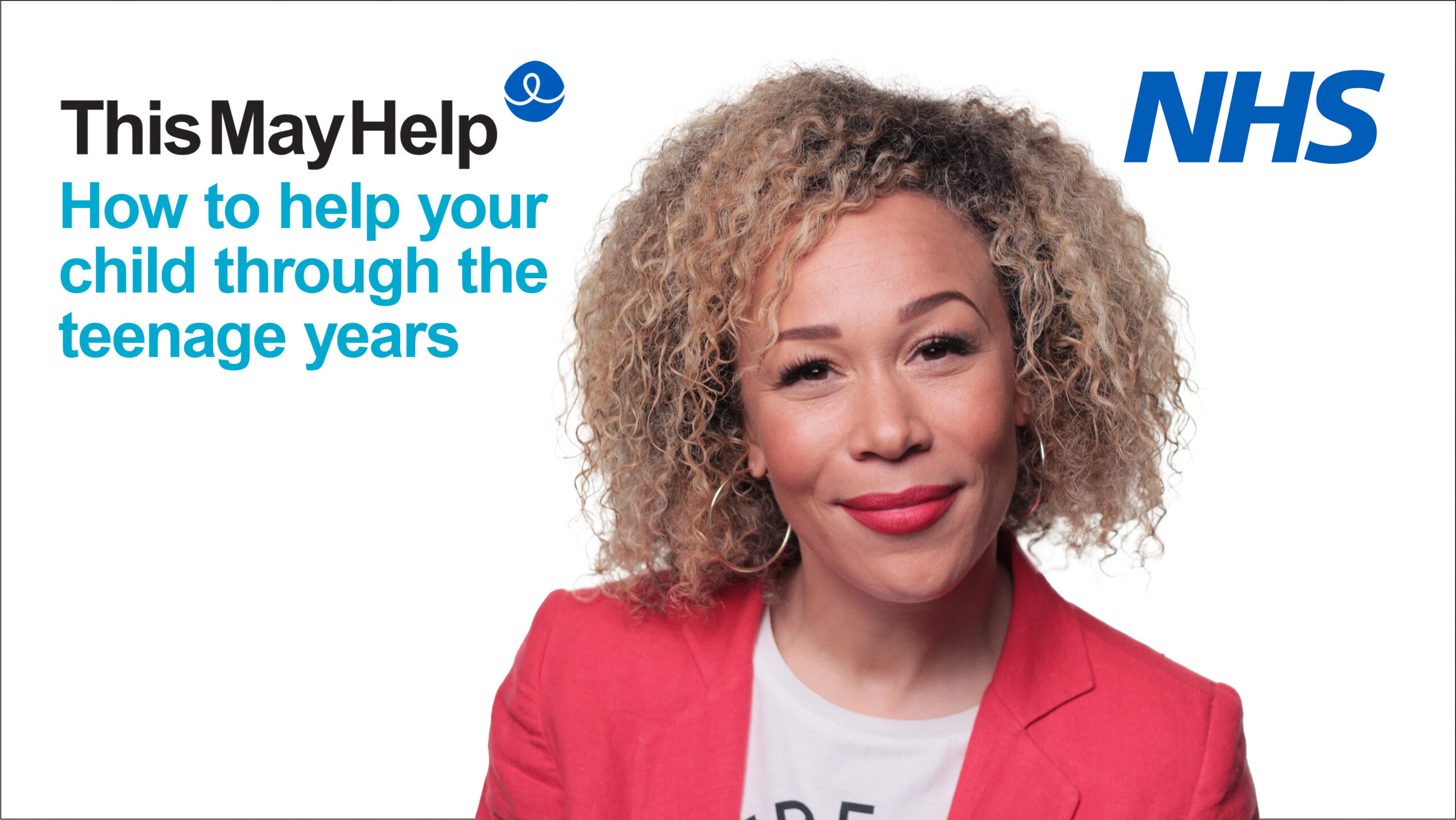Coming to the realisation that your child might have an eating disorder is upsetting and has probably got you asking yourself all kinds of questions about why or how long it’s been going on.
In this video, Laura Hamilton shares some guidance from NHS mental health professionals for parents concerned about that their child might have an eating disorder and offers five tips that may help.
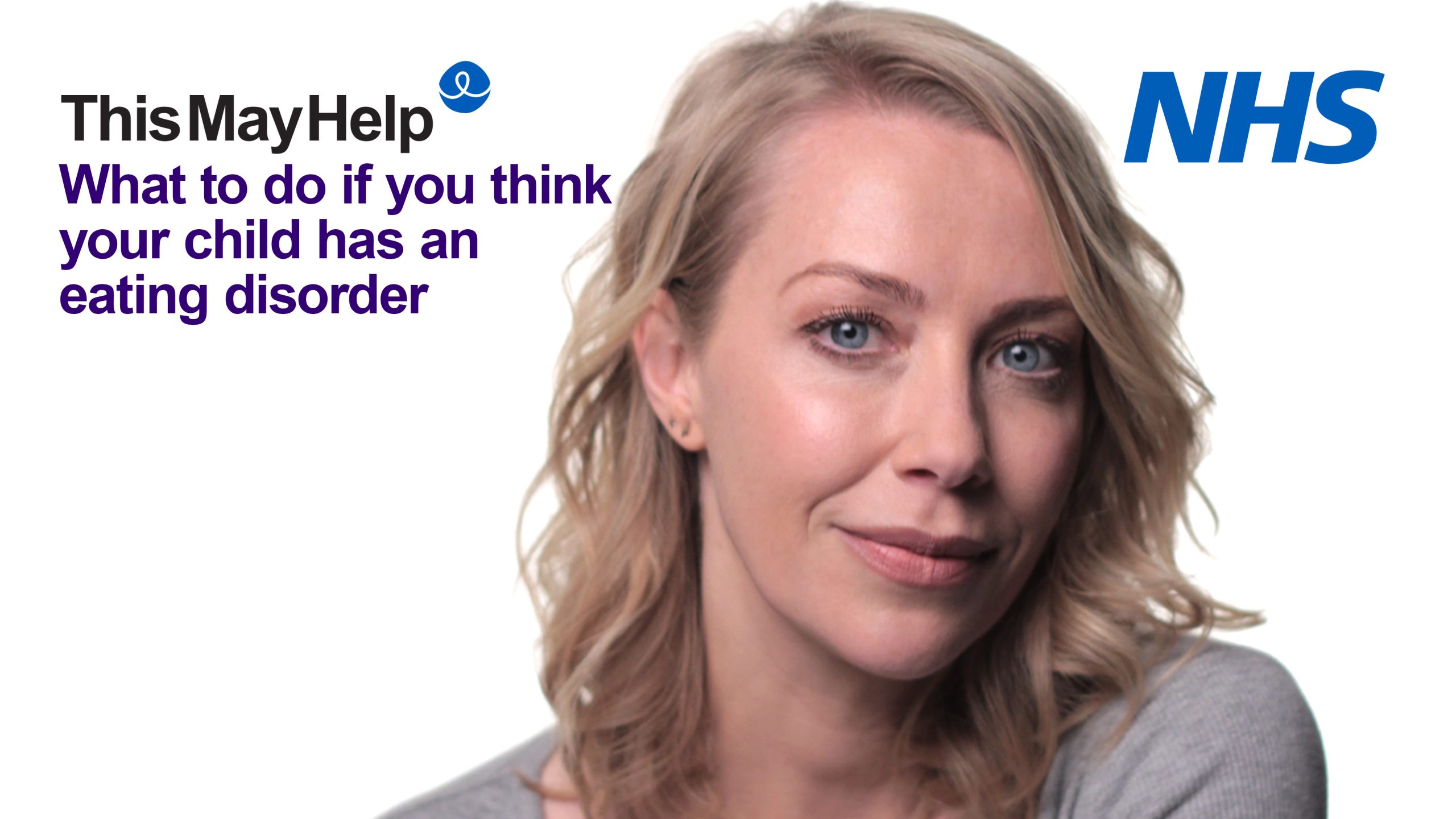
More support
1. Identify the signs
The onset of an eating disorder won’t always be obvious or sudden, but there are certain behavioural changes that might indicate that something’s up.
Behaviours that may signal an eating disorder
- They’ve stopped eating meals with others or have become obsessive about portion sizes and calorie intake.
- They’ve begun taking a bit too much interest in their body weight or shape and other people’s perception of it.
- They regularly go to the bathroom after a meal, have started wearing baggy clothes or are exercising excessively.
- They feel stressed at mealtimes or guilty afterwards, have become more socially isolated or have become more secretive about what they’re accessing online.
Physical signs that may point to an eating disorder
- Abnormally high or low weight.
- Stomach pains, exhaustion, feeling cold, dizziness or feeling faint.
- Mouth infections, tooth damage or decay, bad breath.
- Scarred hands or fingers from making themselves sick.
2. Start a conversation
The first step to resolving any problem is to get it out in the open. However, it’s unlikely to ever be a conversation they’ll welcome having, so try to approach it in a way that places you on their side, facing their issues together rather than as adversaries.
How to talk to your child if you suspect they have an eating disorder
- Tell them what you’ve noticed or what you’re concerned about and ask how they’re doing.
- Let them know that you’re there to support them and want to help.
- If they don’t want to talk to you, encourage them to talk to someone else with whom they perhaps have less of an emotional connection but can trust.
- Text messages and emojis can help to ease you in if conversation is difficult at first.
Things to avoid when having a conversation about an eating disorder
- Sentences that start with the word ‘you’ can put people on the defensive. It’s better to start with ‘I’, such as ‘I’ve noticed’, or ‘I’m concerned’.
- Their behaviour may seem irrational to you but it’s important to take them seriously and avoid undermining the importance of the issue or their feelings towards it.
- Don’t dismiss it as ‘just a phase’ or think that the problem will go away if you ignore it.
- It’s surprising how much we casually talk about dieting, body shape and weight, and how judgemental we can be about other people’s appearance. It’s a very sensitive subject for anyone with an eating disorder so, wherever possible, try to steer the conversation away from such topics.
3. Try to be supportive
The first step towards recovery is coming to terms with the issue, which can be difficult if you don’t understand what’s behind it. As parents, our role is to provide support to our children, so it’s important to learn how we can best do that.
Tips for supporting someone with an eating disorder
- Remember that adolescence is a challenging time, so try to be patient and understanding.
- Focus on listening to what they have to say rather than trying to have all the answers.
- Learn about eating disorders. This will help you to better understand their behaviours and needs, and make you better equipped to recognise signals. It will also show them that you care. It’s important too that the whole family understands and is supportive.
- Try to stay positive. Difficult times are when we tend to learn the most. Try to view challenges and mistakes as part of a learning curve where each experience is making you better prepared for future challenges.
- And don’t beat yourself up for getting things wrong. You’re only human after all.
4. Help them to get professional support
While their fears will be mostly surrounding food and body image, there’s almost certainly an emotional component hiding beneath the surface, so it’s really important that you help them to get professional support as early as possible, whilst reintroducing healthy nutrition and normal eating habits.
Where to go for professional support
- For information on how to access NHS Mental health services click here
- To find services for someone with an Eating Disorder click here
5. Reach Out
With mental health issues it can sometimes feel like you’re battling alone, but you’re not. There are plenty of people ready and willing to help. There are a number of online resources that offer excellent advice in navigating the difficulties associated with supporting someone with an eating disorder.
Advice on where to reach out for help help
- Your GP or local health centre will be able to refer you to specialist professionals, useful resources and support groups in your area.
- Visit our dedicated page for advice on building a support network
- Young Minds is a charitable organisation focused on young people’s mental health, offering training resources, support and advice.
Some additional resources that may help
- For advice on parenting a child with mental health issues, visit our dedicated page
- BEAT is the UK’s eating disorder charity. Their mission is to end the pain and suffering caused by eating disorders.
- FREED is First Episode Rapid Early Intervention for Eating Disorders. It is a service for 16 to 25-year-olds who are in the early stages of an eating disorder.
- NHS Advice for parents of children with eating disorders
- YoungMinds.org advice for parents on eating problems
